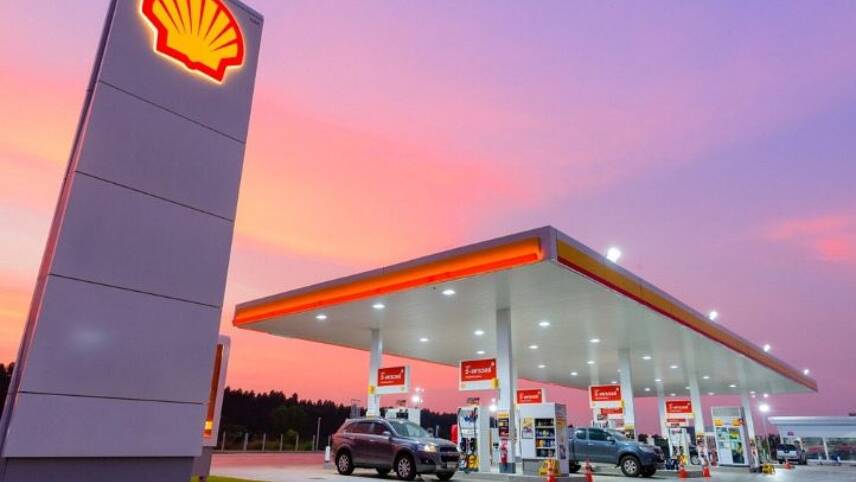Register for free and continue reading
Join our growing army of changemakers and get unlimited access to our premium content

The two companies join Braemar Energy Ventures
Shell Ventures and Japanese firm Sumitomo Corporation Group have both announced undisclosed investments into US firm LO3 Energy, to support and upscale a blockchain technology platform for energy trading.
LO3’s platform uses blockchain technology as a digital ledger for peer-to-peer energy sharing, enabling transactions to occur while integrating distributed energy resources from traditional generation, onsite renewable arrays and storage units into supply networks.
Shell Ventures investment director Kirk Coburn said: “As we move into a less carbonized future, Shell aims to invest in innovative companies that will help enable the energy transition. LO3 Energy fits right in that space.”
The platform will enable households and businesses to consume, produce and trade electricity across community-based networks. The platform was first integrated with the Brooklyn Microgrid, with similar projects now implemented in the UK, Colombia, Japan and Australia.
A dedicated mobile app can be used to choose how and when local energy resources are used. A feature on the app also allows users to select the sources of electricity they choose to purchase from, such as nearby renewables.
The two companies join Braemar Energy Ventures, Centrica, and Siemens in investing into LO3 Energy.
Centrica invested in LO3 Energy back in 2017 as part of a £100m innovation accelerator and has tasked the company with overseeing a £19m Local Energy Market (LEM) programme in Cornwall that is assisted by blockchain.
“Energy is going through a revolution with renewable distributed energy resources increasingly picking up market share – but to integrate them efficiently we need to re-invent our energy networks,” LO3 Energy’s chief executive Lawrence Orsini.
“These investments will help us accelerate the roll-out of less carbon-intensive microgrids, which help all stakeholders benefit through distributed, decentralised and decarbonised local energy transactions and demand response energy management on a building-by-building level.”
Chain reaction
Blockchain is beginning to disrupt the energy sector, with utility firms utilising community platforms to test the technology’s potential. Earlier this month, a London-based firm conducted the UK’s first physical blockchain energy trade, which has enabled housing estate residents to benefit from renewable energy sources.
PwC was among a number of companies edie spoke to in order to find out what blockchain could do for business sustainability across numerous applications including energy procurement, supply chain traceability and revenue opportunities.
Outside of the energy sector, blockchain is being used by the likes of Nestlé, Unilever and Walmart to improve traceability in global food supply chains, while a blockchain start-up recently launched a new initiative to support global projects that tackle plastic pollution.
Matt Mace


Please login or Register to leave a comment.